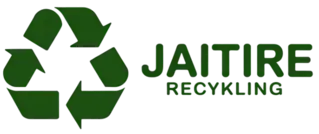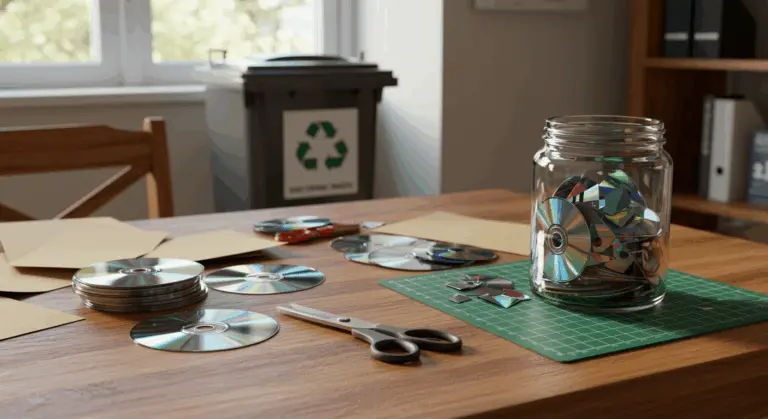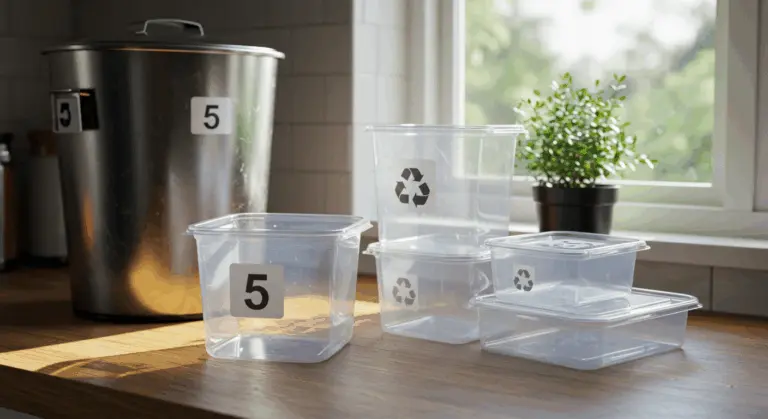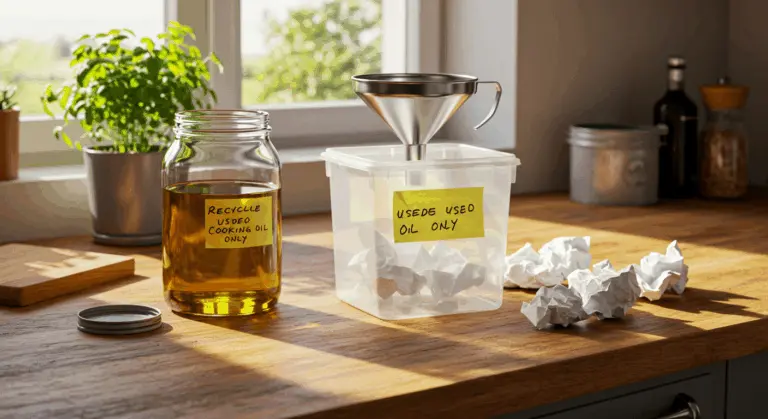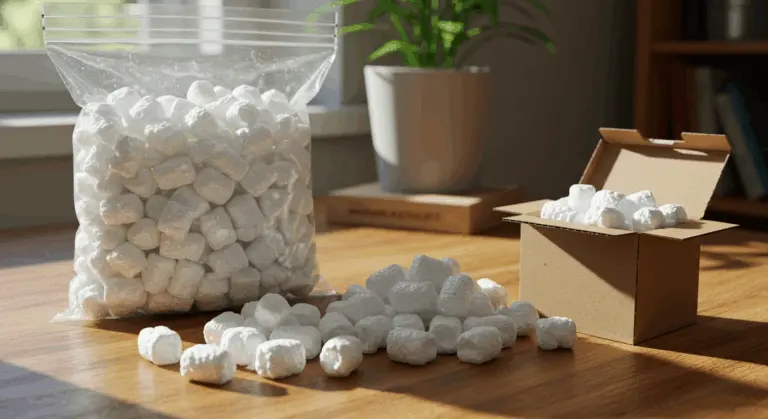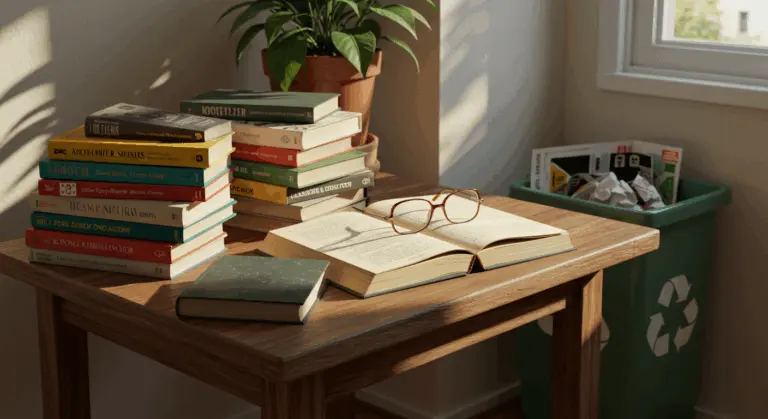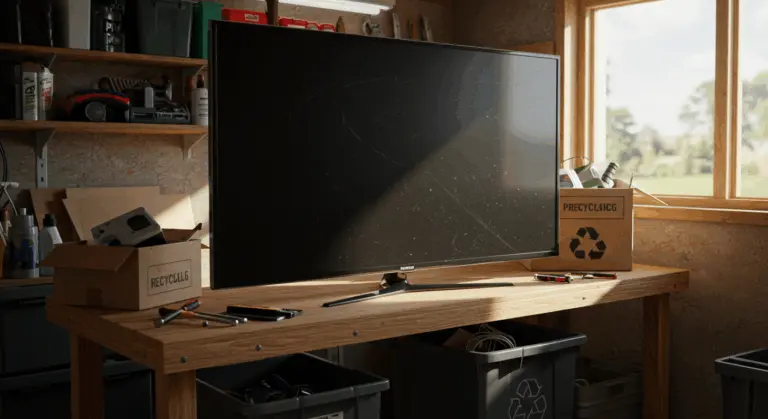
How to Dispose of a Flat Screen TV – A Complete Guide
Discarding a flat screen TV takes more consideration than just leaving it curbside on trash day. These devices contain hazardous materials like mercury and lead that can contaminate soil and water when improperly disposed of, while also wasting valuable recoverable resources like copper and aluminum. Several responsible disposal options are available, from certified e-waste recycling centers to donation programs that extend your television's useful life.
